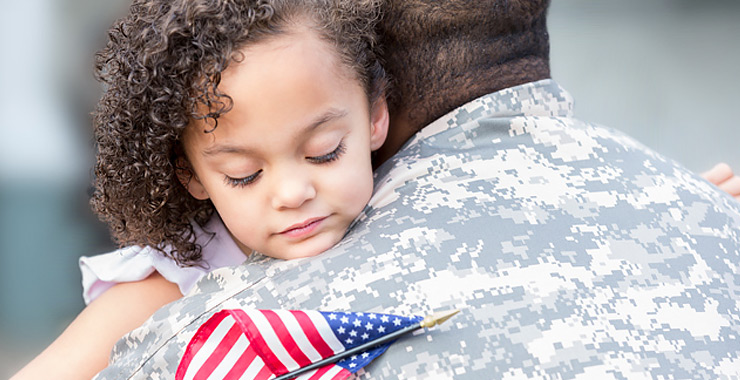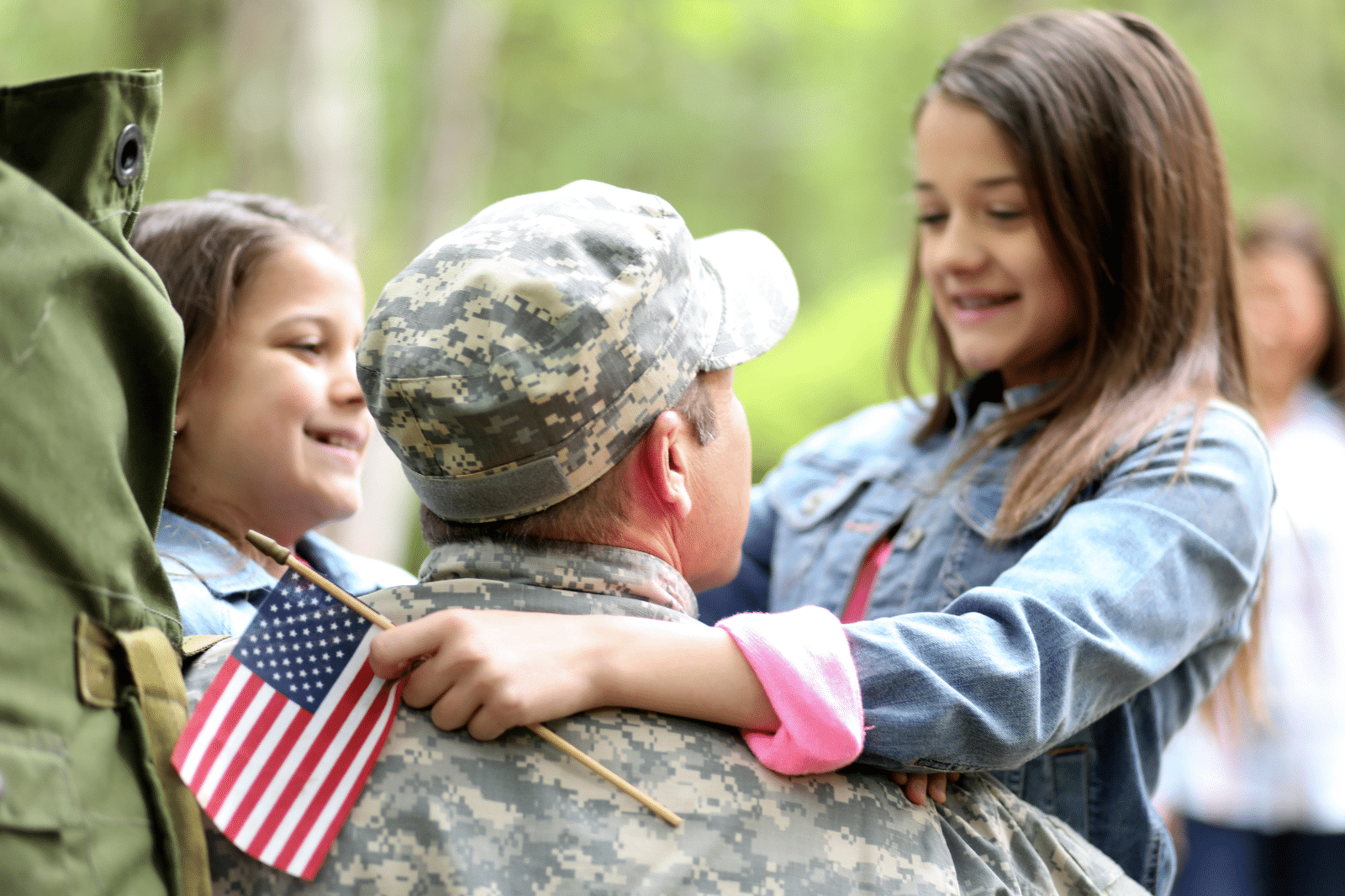3 Effective Strategies to Alleviate Military Kids Fears
To help military kids with their fears, start by keeping communication open and honest. Listen actively to their thoughts and feelings. Provide stability by sticking to routines and creating a secure environment. Finally, nurture resilience by praising their strengths and boosting self-esteem. Remember, empowering your child with these strategies can greatly alleviate their worries and help them cope better.
Key Takeaways
- Maintain open communication to address fears promptly and provide reassurance.
- Create a stable and nurturing environment to reduce anxiety and build resilience.
- Encourage expression of concerns openly to validate feelings and offer support.
- Offer coping mechanisms for expressing feelings to manage fears effectively.
- Boost self-esteem by acknowledging strengths, accomplishments, and fostering belief in their abilities.
Open Communication

To support military kids effectively, make sure to maintain open and honest communication with them about their experiences and emotions. Active listening plays an essential role in this process. When military kids share their thoughts and feelings with you, give them your full attention. This means making eye contact, nodding to show understanding, and asking clarifying questions.
By actively listening, you’re demonstrating that you value their perspective and care about what they’ve to say.
Honest conversations are key to helping military kids navigate the challenges they may face. Encourage them to express their concerns openly and assure them that their feelings are valid. Avoid dismissing their emotions or offering quick fixes. Instead, acknowledge their struggles and work together to find solutions.
Establishing Stability

Ensuring stability in the lives of military kids is essential for their well-being and resilience in the face of constant change. One of the most effective ways to provide this stability is by establishing a consistent routine. By having a predictable schedule for daily activities, such as mealtimes, bedtime, and study hours, children can feel a sense of security and control in their lives. This routine can act as an anchor during times of change or when a parent is deployed, helping children navigate these challenging periods.
Creating a safe environment is equally important in fostering stability. Military kids often face unique stressors, and having a safe physical and emotional space is critical for their overall well-being. Make sure that the home environment is nurturing and supportive, where children feel comfortable expressing their thoughts and emotions without judgment.
Encouraging Resilience

Encouraging resilience in military kids is vital for helping them navigate the challenges they may face due to the unique demands of a military lifestyle. Positive reinforcement plays a significant role in fostering resilience. Acknowledge their strengths and accomplishments, no matter how small, to boost their confidence and self-esteem.
Remind them that it’s okay to feel overwhelmed at times, but believing in their ability to overcome obstacles is crucial.
Teaching coping mechanisms is another important aspect of promoting resilience. Encourage them to express their feelings through creative outlets like drawing, writing, or talking to a trusted individual.
Help them develop problem-solving skills by discussing different strategies they can use when faced with difficult situations. By equipping military kids with effective coping mechanisms, you empower them to confront challenges with courage and adaptability.
Frequently Asked Questions
How Can Military Kids Maintain Friendships During Frequent Relocations?
To maintain friendships during frequent relocations, military kids can focus on making friends quickly, staying connected through technology, and honing social skills. Building resilience is crucial for adapting to new environments and fostering lasting relationships.
What Resources Are Available for Military Kids Struggling With Anxiety?
When anxiety hits, remember you’re not alone. Therapy options and hotlines offer support. Embrace self-care tips and educational programs. Stay strong, reach out. You deserve help and resources to navigate these tough times.
How Can Military Parents Help Their Children Cope With Deployment?
During deployment, provide consistent communication, establish routines, and encourage open conversations. Offer deployment support by involving children in care package preparations or video calls. Utilize coping strategies like journaling, physical activities, and seeking counseling if needed.
Are There Specific Support Groups for Military Kids to Connect With Peers?
Yes, there are specific support groups for military kids to connect with peers. They can join online forums, attend local meetups, participate in peer mentoring, and engage in community events. These opportunities provide valuable support and understanding.
What Are Some Age-Appropriate Ways to Involve Military Kids in Decision-Making?
To involve military kids in decision-making, parents can offer choices within limits, encourage them to voice preferences, and gradually increase decision-making responsibilities. This process fosters independence and enhances decision-making skills at an age-appropriate level.
Conclusion
In conclusion, by maintaining open communication, establishing stability, and encouraging resilience, you can help alleviate the fears of military kids.
Remember, your support and understanding are essential in helping them navigate the challenges they face.
Stay connected, provide a sense of security, and empower them to thrive despite the uncertainties.
Your efforts will make a significant difference in helping military kids feel safe, supported, and resilient.

Chad Adan Kace, a young dad from Vermont, shares his parenting journey with a touch of humor and lots of love. Father to a lively baby, he explores the joys and challenges of fatherhood through his stories.







